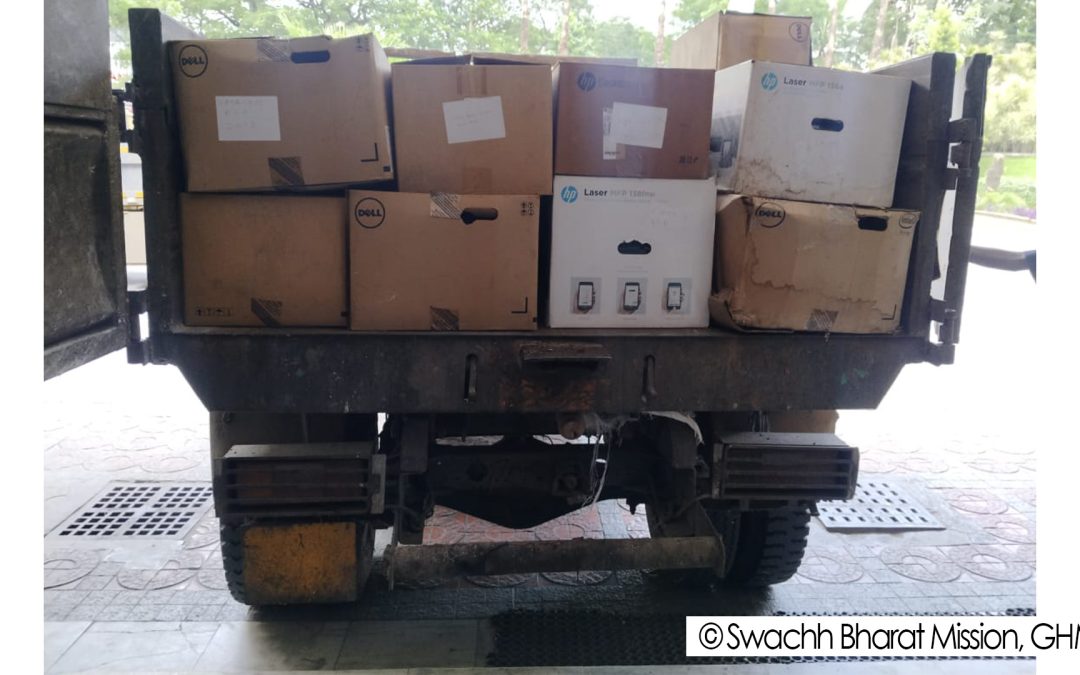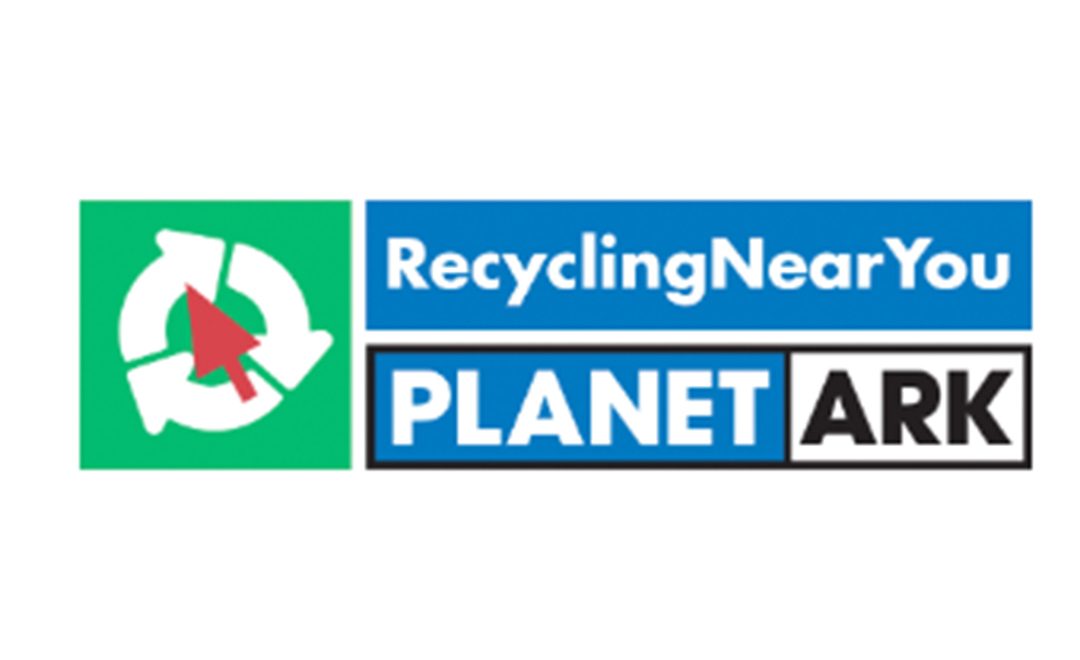 The Nepalese capital of Kathmandu is beginning to reach crisis point as electronic waste stacks up and up.
The Nepalese capital of Kathmandu is beginning to reach crisis point as electronic waste stacks up and up.
According to the Nepali Times, the Doko Recyclers warehouse in Sano Thimi is inundated with more than 55 tonnes of e-waste, which has accumulated in the twelve months since the establishment of the warehouse. This is described as “only the tip of the iceberg,” with the majority of Nepalese e-waste being simply consigned to landfill.
Whilst this has obvious environmental implications, Doko’s staff appear to be struggling enough with the mountains of waste on their hands, with disposed toner cartridges posing a particular problem, due to their “negative recycling value” and hazardous materials therein.
Doko’s Pankaj Panjiyar conceded: “We don’t know what to do with them. As of now we are holding the waste and trying to find a solution to manage it. We have to find a sustainable solution to manage electronic waste before it becomes too big of a problem to handle.”
The worldwide production of e-waste increased by 7 percent last year, and in Nepal alone, 18,000 metric tonnes were discarded, according to figures from the Himalayan country’s Department of Environment.
“At the pace we are moving, it is guaranteed to be a major crisis,” e-waste management expert Keshav Parajuly warned last month, with Him Electronics’ Sanjay Golcha adding that the “Nepali culture of repairing, reusing, and recycling” was under threat from increased purchasing power, planned obsolescence, and the absence of strict disposal regulations.
“On average, Nepalis change their mobile phones every 15 months. More than 6 million phones are imported every year. There has to be a mechanism for their disposal,” he said.
The nation’s Solid Waste Management Act 2011 covers disposal of hazardous and industrial waste, but contains no provision for e-waste, and the remaining option for the Nepalese public – selling to scrap dealers – leads to unsafe dismantling and extraction, and then hazardous landfill dumping, with all the resulting contamination that brings with it. Yet there is hope, with a new Hazardous Waste Regulation reportedly in the draft stages, which includes specific legislation not only on e-waste management, but also the illegal import of electronics.
As a nation, Nepal has signed up to the Basel Convention, prohibiting trans-national movement of hazardous waste unless the exporting country has no local disposal solution. Previously, Nepal exported the majority of its e-waste to India, but with the subcontinental nation cracking down on imports – much as China has with plastic waste, causing all manner of problems across the region – Nepal is now faced with the prospect of importing recycling machines to deal with the problem within its own borders.
“There is no prioritisation for electronic waste in our legislation and that is the biggest challenge,” said Swarthmore College’s Eriko Shrestha, a researcher on the subject. “The best temporary solution is for our government to negotiate with neighbouring countries, particularly India, to ease the ban on Nepal until we have a more viable option.”
Solid waste expert Sumitra Amatya had a different opinion, however, suggesting: “We need to build our own processing plant here rather than exporting what is essentially a goldmine. We can then reuse and recycle and set up an ecosystem of a circular economy.”
Finally, Pankaj Panjiyar opined that Nepal was not – and could not be – alone in its efforts.
“E-waste is a global problem that needs local solutions,” Panjiyar said. “We don’t need to reinvent the wheel, but learn from other countries which are doing it sustainably.”




















